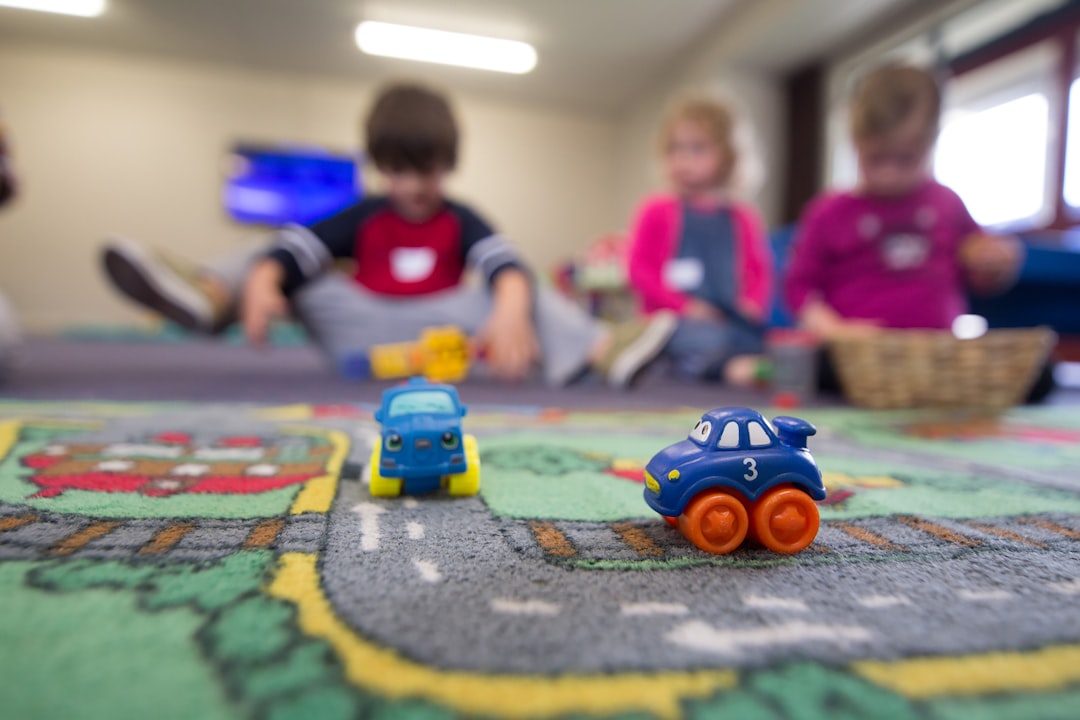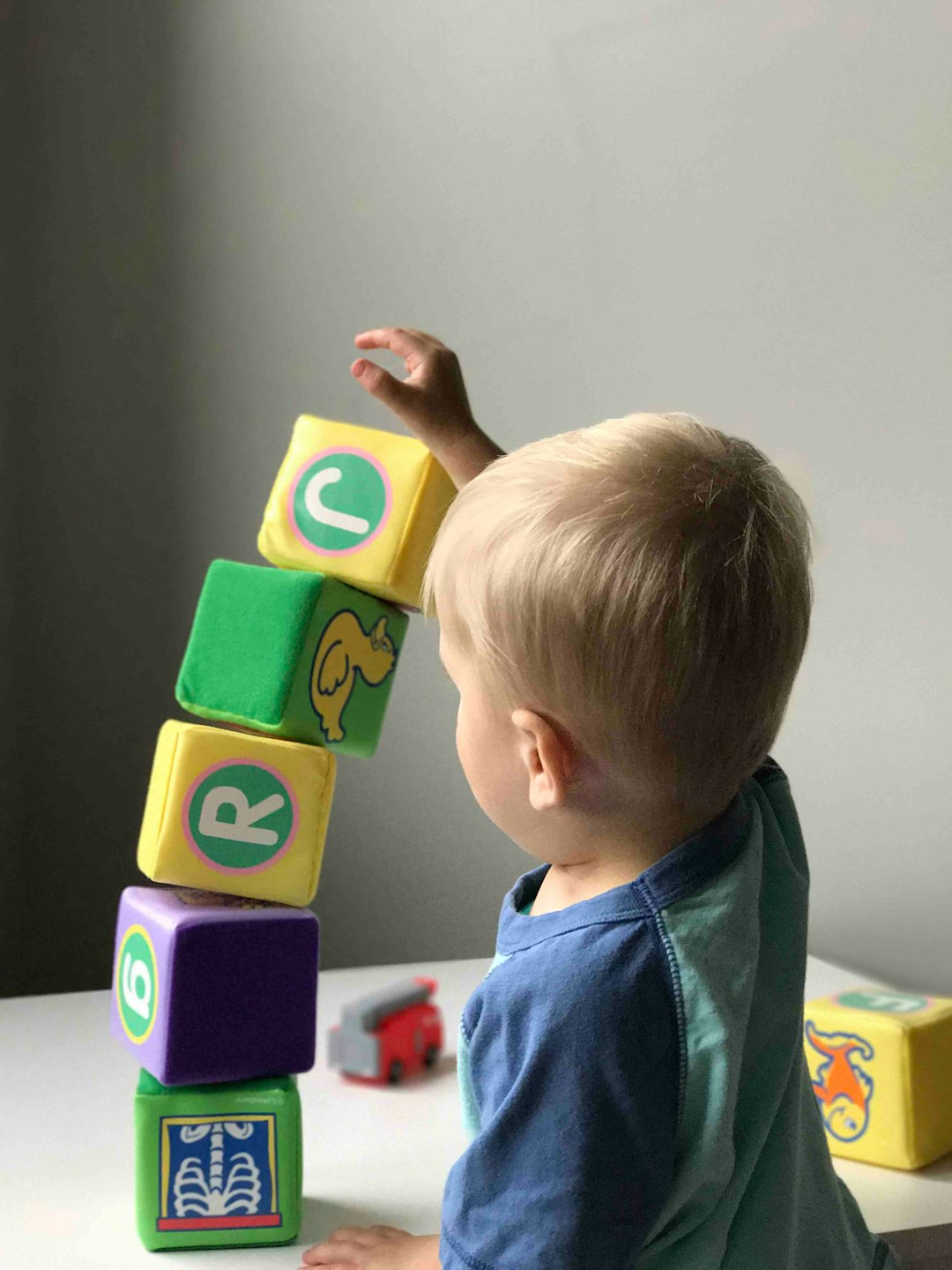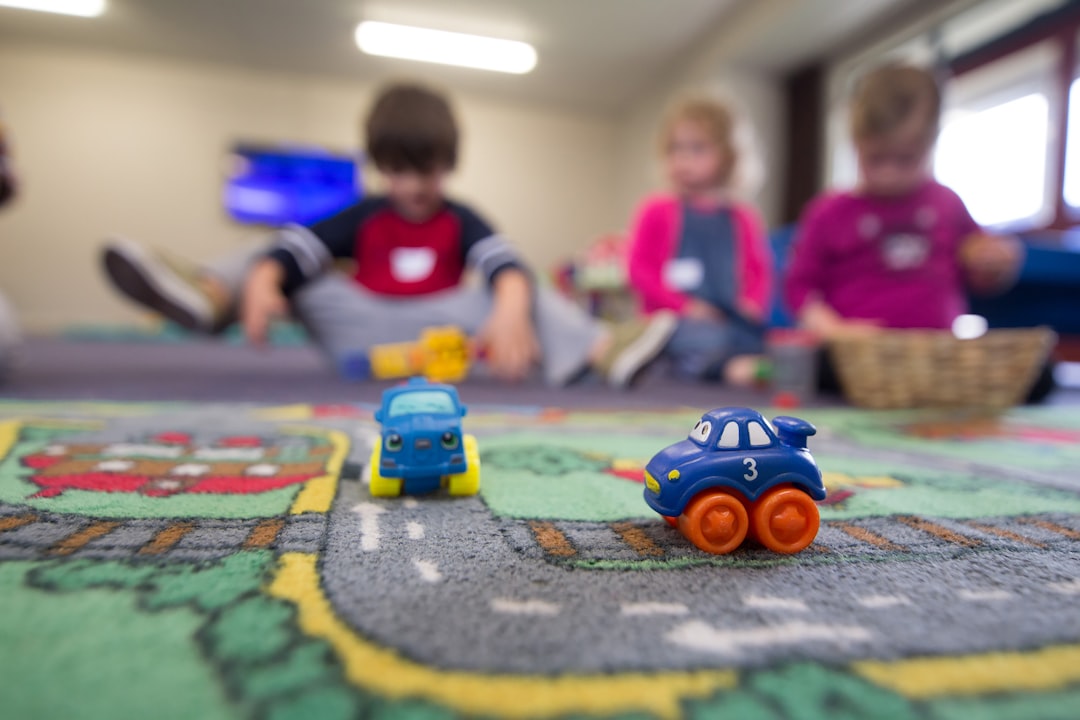In Charleston, recognizing daycare abuse is crucial for child protection. Physical, emotional, or neglectful harm, as well as any distress-causing acts, constitute abuse. Parents and caregivers should look for behavioral changes or unexplained injuries. A daycare abuse lawyer in South Carolina emphasizes the importance of immediate intervention, documentation, and professional help. Local authorities and healthcare providers offer support while stringent laws protect children in licensed facilities. Consulting a local daycare abuse lawyer is recommended if your child has experienced abuse, guiding you through reporting, civil lawsuits, and criminal charges. Community awareness campaigns, led by local organizations with lawyer support, educate parents on recognizing red flags and empowering them to act responsibly, fostering a culture of vigilance that ensures child safety.
In Charleston, awareness about childcare abuse is crucial. Despite seemingly idyllic communities, cases of neglect and mistreatment can go unnoticed. This article delves into understanding daycare abuse, focusing on recognizing subtle signs in Charleston’s unique context. We explore the legal protections parents have in South Carolina and highlight the transformative power of community awareness campaigns in preventing such abuses. For those seeking guidance, a dedicated daycare abuse lawyer in South Carolina offers vital support.
Understanding Daycare Abuse: Recognizing Signs and Symptoms in Charleston
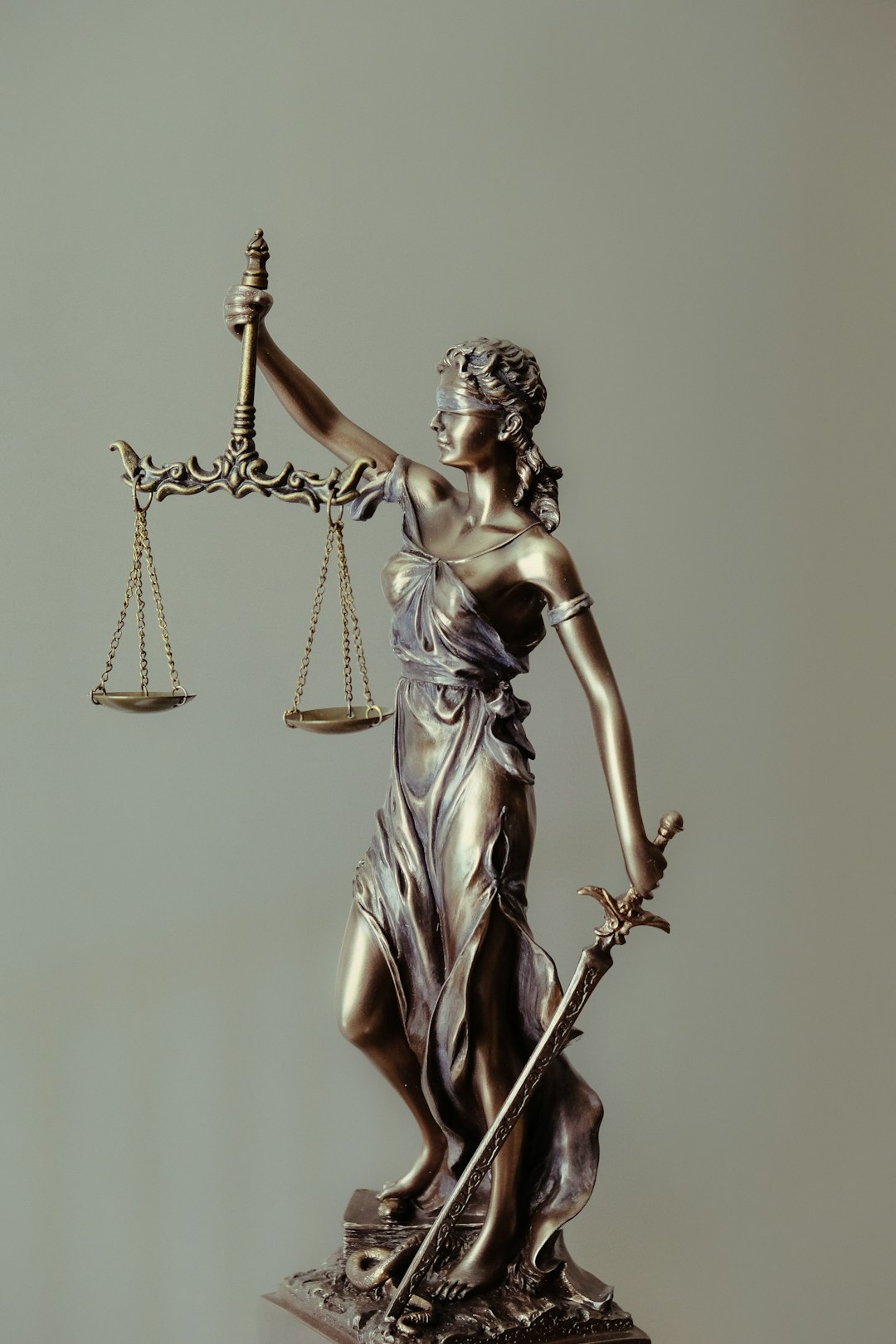
In Charleston, recognizing daycare abuse is a critical step in ensuring child safety. Daycare abuse can take various forms, including physical harm, emotional maltreatment, neglect, or any act that causes a child distress and impedes their development. It’s essential for parents and caregivers to be vigilant and educated on the signs and symptoms to prompt immediate action. Common indicators may include sudden changes in behavior, such as increased anxiety, aggression, or withdrawal from activities, as well as physical marks or injuries that cannot be reasonably explained.
A daycare abuse lawyer in South Carolina emphasizes that timely intervention is crucial. If you suspect any form of abuse within a childcare setting, document the instances and seek professional help immediately. Local authorities and healthcare providers can offer guidance and support while ensuring the child’s safety and well-being. By staying informed and proactive, Charleston residents can contribute to preventing and addressing daycare abuse effectively.
The Legal Aspects: What You Need to Know as a Parent in South Carolina
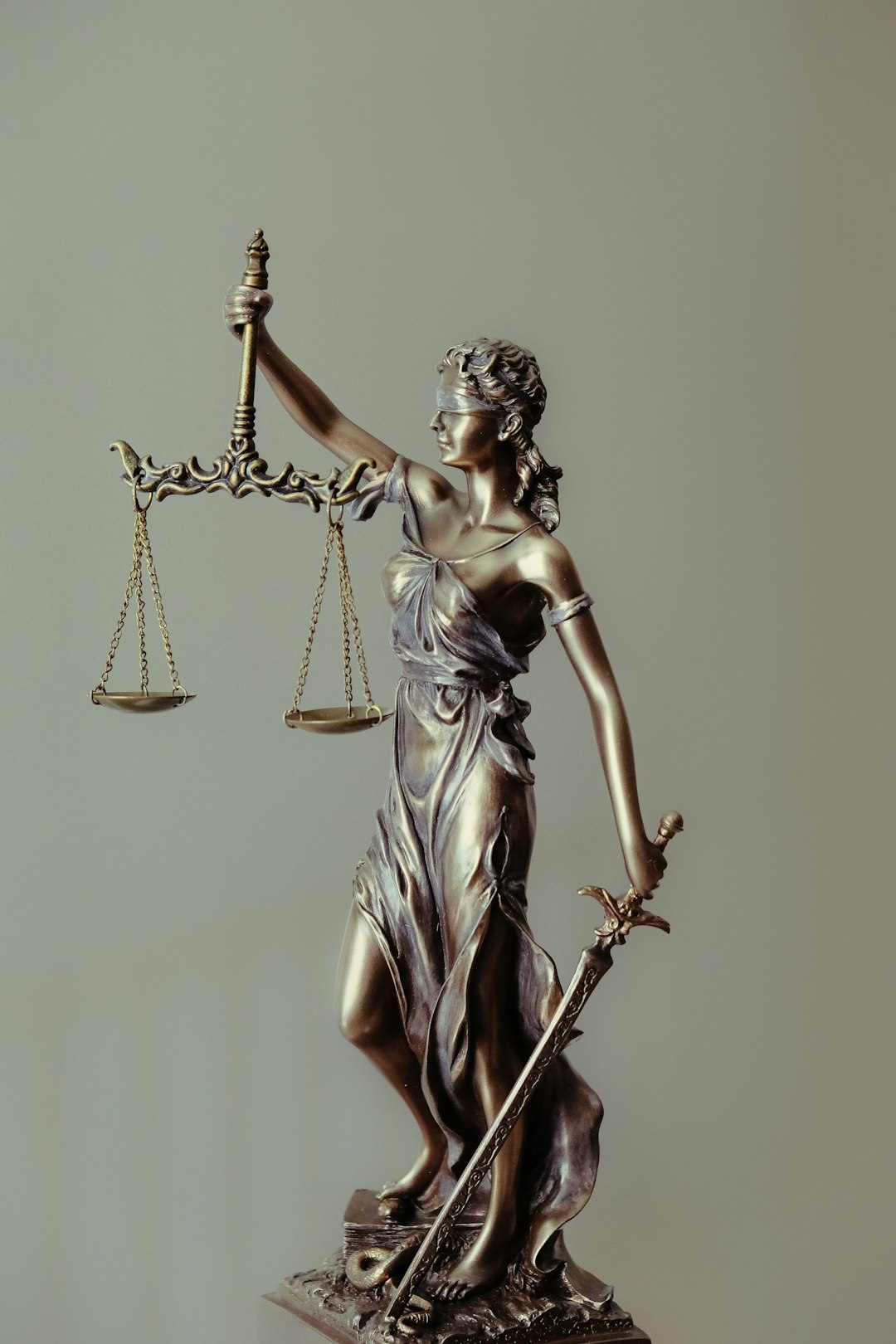
In South Carolina, the well-being and safety of children in daycare centers are protected by stringent laws. As a parent, it’s crucial to understand your rights and the legal implications of daycare abuse. If your child has experienced any form of harm or abuse while under the care of a licensed daycare provider, it is advisable to consult a daycare abuse lawyer South Carolina. These professionals can guide you through the legal process and help ensure that justice is served for your child’s suffering.
State laws mandate specific reporting requirements for childcare facilities and staff, with penalties for non-compliance. Negligence or intentional harm by daycare employees can lead to civil lawsuits and criminal charges. A daycare abuse lawyer South Carolina can assist in navigating these legal complexities, helping you understand compensation options, potential litigation against the responsible parties, and the steps to take after such an incident.
Preventative Measures: How Community Awareness Campaigns Can Make a Difference

Community awareness campaigns play a pivotal role in preventing daycare abuse by educating parents and caregivers about recognizing potential red flags. These initiatives, often led by local organizations and supported by daycare abuse lawyers in South Carolina, aim to raise consciousness around child safety within community settings. By sharing resources and best practices, they empower individuals to act responsibly and protect children from harm.
Through these campaigns, parents learn about the signs of physical, emotional, and sexual abuse, neglect, or any form of mistreatment that may occur in daycare centers. Equipped with this knowledge, they can actively participate in monitoring their children’s well-being, fostering a culture of vigilance and accountability. This proactive approach not only ensures the safety of vulnerable children but also holds daycare facilities and staff responsible for their well-being.


